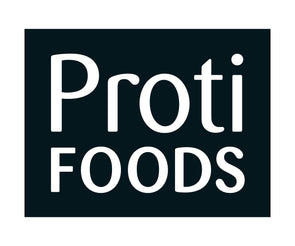
Are Protein Bars Good for Weight Loss?
Protein bars are a go-to snack for people looking to lose weight, build muscle, or maintain a balanced diet. They are convenient, portable, and packed with protein to help keep you feeling full. But are protein bars actually good for...









